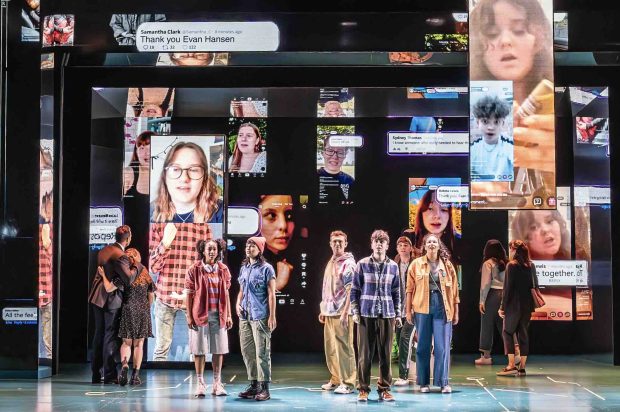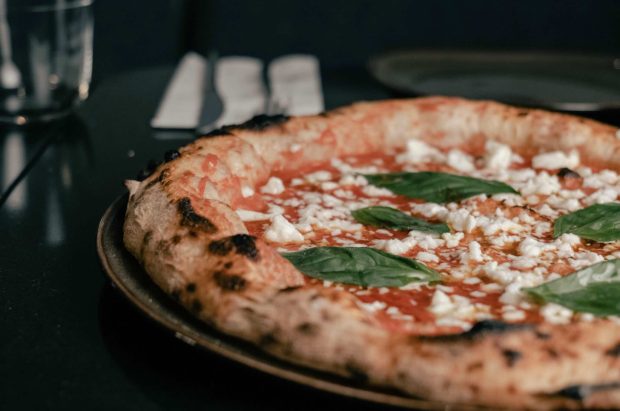It’s a common opinion that Chinese people celebrate a huge number of festivals throughout the year and this is not far from the truth. The festival celebrations are often an excuse for people from all walks of life to get in touch with their friends and family, same like in every other country. Still, there is something about the festivals in China – the prevalent spirit of East, we believe, which makes them genuinely exotic, especially for people with a Western cultural background that differs greatly and is often obsessed with different trivialities (such as obtaining celebrity Snapchat codes for instance!)
It’s not unusual, on the other hand, for Chinese people to celebrate the Western holidays, but in a completely Eastern way, which could certainly be a worthy experience for a potential China traveller. So, without a further ado, we hereby present you with top 3 Chinese festivals that might entice you to embark on your Eastern winter journey a bit earlier than expected!
1. Christmas in China
There is a Christmas celebration in every major location in China nowadays, and more importantly – everything is cheaper usual, thanks to a low season that is typical for late December when many expats return home for holidays. The majority of larger hotels and Western restaurants will have Christmas dinners in their offer, which is also great because Christmas simply cannot go without having one. On the other hand, Christmas celebration is becoming more and more popular in China as the time goes by in general, meaning that you can easily order or purchase anything you need for a proper celebration including decorations and ingredients for your Christmas dinner if you want to make it by yourself. The Christmas music can also be heard in malls, starting from the end of November.
For younger people, this is a perfect opportunity to get in touch with their friends, or for young couples to exchange gifts and to go on a date. The religious element is not prevalent, which doesn’t significantly impact the amazing atmosphere during Christmas. Further, it wouldn’t hurt mentioning that Christmas celebration varies in China, and there’s no wonder in it, given the country’s considerable size. So you can expect some differences in Guangzhou or Beijing’s version of Christmas celebrations for instance, but you will certainly be satisfied wherever you decide to go.
Saying Merry Christmas in Chinese: 圣诞快乐! which is pronounced /shnng-dan kwhy-ler/ meaning ‘Holy-birth happy!’
Fun fact: According to Pew Research Center, there were 5% of the entire population in 2011 who declared themselves as Christians (or 67,070,000 people) but the number is presumably bigger by now.
2. Winter Solstice
The winter solstice usually falls around 21st of December and it marks the day when the sun is exactly at the celestial longitude of 270 degrees but it is also the day when the night is the longest and the day is shortest in the Northern hemisphere. In China, this was usually celebrated as the end-of-harvest festival but today it’s a holiday that honours the family unity and prosperity including a specific dinner preparation, that often consists of pink and white tangyuan in a sweet broth that is consumed during this long night.
The Winter solstice is also one of the most important terms in Chinese lunar calendar and was established as early as Spring and Autumn periods. It was also a traditional festival, known as Winter Festival, the Changzhi Festival or Yasui that was primarily established during the Han dynasty and although it might have lost some of its initial popularity, there are many people in China who still value its importance.
The custom of eating hot dumplings, which is directly related to the Winter Festival, originates from the Chinese North, where people often lacked sufficiently warm clothes, so they had to eat hot food in order to stay warm and healthy so this is one of the customs that remained widespread to this very day. The Taiwan custom is a bit different, on the other hand, because they offer nine-layer cakes in forms of different animals to their ancestors as a sacrifice that will bring them well-being and prosperity and they also gather around their ancestral temples.
3. Palden Lhamo Festival
This festival is celebrated on 3rd of December in Tibet. It celebrates the wrathful deity called Palden Lhamo. This is a feminine, a three-eyed deity often imagined riding a white horse. She’s the protector of Tibet, the defender of Buddhism in Tibet and Mongolia, and is also the special protector of the Dalai Lama who is the religion’s traditional leader.
If you want to visit the festival, the best place is certainly Barkhor Street in Lhasa, which is also a great historical center with amazing buildings such as Jokhang Temple (built in 642 AD) with the rich historical background, as well as many shops where you can obtain some truly great Tibetan products. You will also notice numerous people carrying the figurines of the goddess in the street, which is part of the worshipping ritual.






